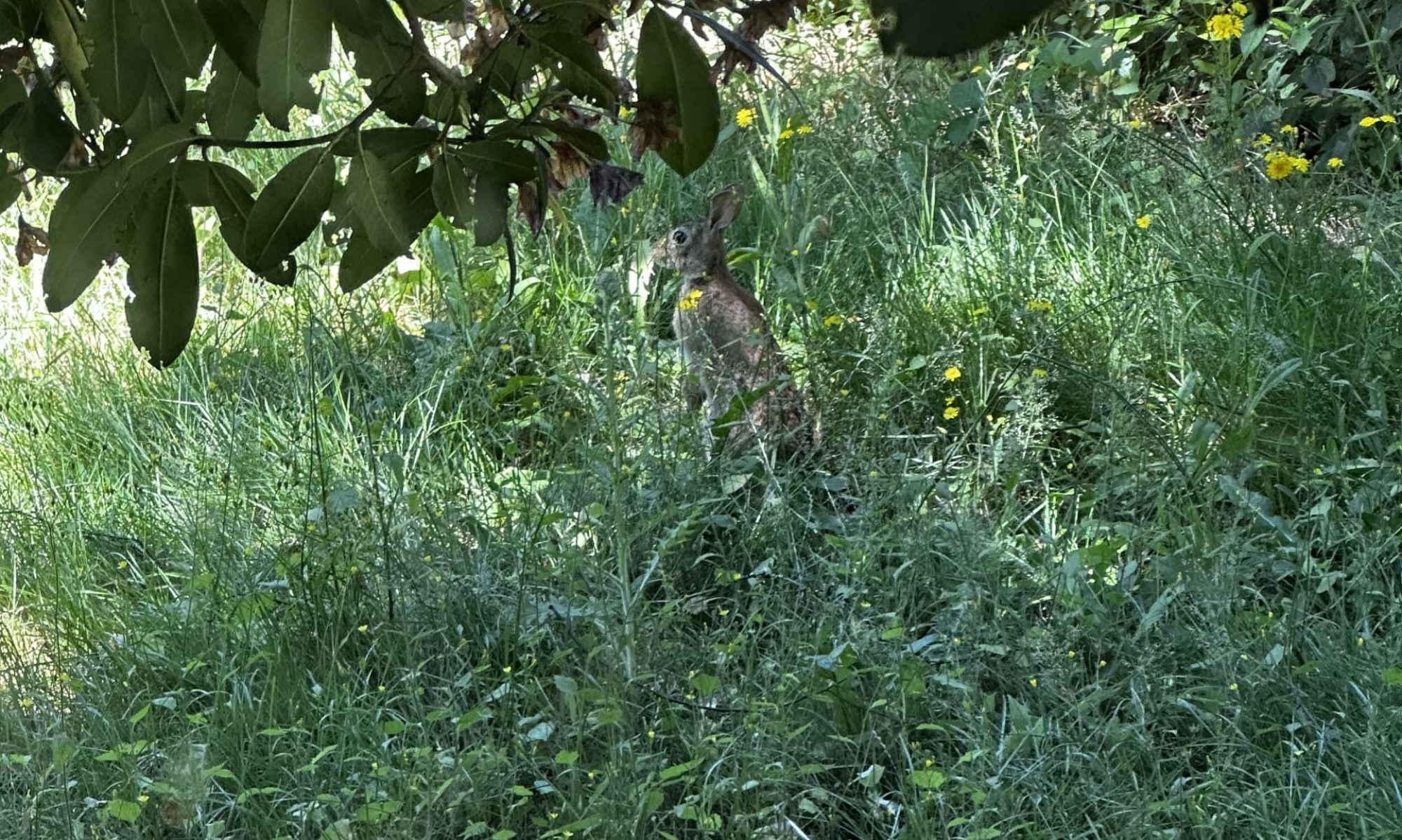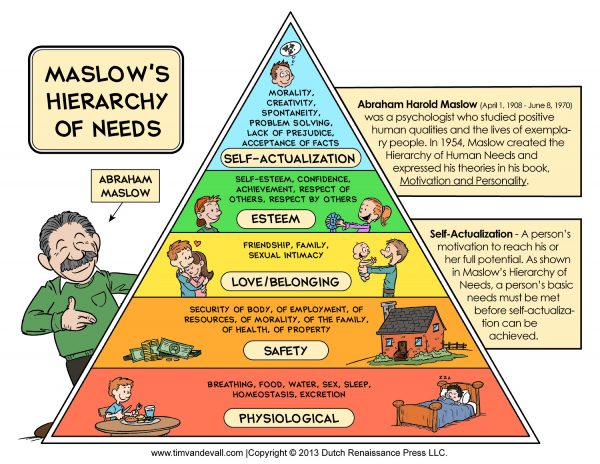What makes you vulnerable makes you beautiful. ~Brene Brown
What happens when people open their hearts?
They get better. ~Haruki Murakami, Norwegian Wood
She was a wicked thing sometimes. All full of want. As if the shape of the world depended on her mood. As if she were important. ~Patrick Rothfuss, The Slow Regard of Silent Things
We’re never so vulnerable than when we trust someone – but paradoxically, if we cannot trust, neither can we find love or joy. ~Frank Crane
I’ve been feeling a lot lately. Emotions and sensations swirling around in me, creating chaos, or perhaps expressing the chaos, within. They have been happy, joyful, pleasurable feelings on the one hand. And completely terrifying on the other.
Terrifying because they are new and different.
And.
Terrifying because I am actually feeling them.
And terrifying because I am beginning to be emotionally vulnerable with another person. I am learning what that actually looks and feels like. I am doing it in small steps and most certainly keeping much still to myself, and also with each little step of expressing my emotions to them, I am finding new, not harmful ways, of caring for myself and the overwhelming feelings of all the experiences I am having.
I’m trying on adulting.
Clearly stating boundaries.
Telling the person how I feel around them.
Not running and hiding or putting all my armor on with extra reinforcements.
It has not been easy. I have probably misstepped. I know I have gotten caught up in conversations in my own head that didn’t go well and lead me to tears (hello INFJ).
And still. I am doing things differently. Which is new and different and feels strange and yes, is terrifying in moments.
As humans we have very real needs of attachment and belonging. We actually need to feel loved, adored. We need to be respected in having our autonomy and our autonomy needs to be not only respected and accepted but also rejoiced and celebrated. We need to be physically safe, and also we need to feel emotionally and psychologically safe. We need to feel connected, understood by another, and to feel they feel connected to and understood by us.
Having these needs met, to even a minimal degree, allows us to survive as infants and children. They are absolutely necessary for survival. In some ways it doesn’t matter who meets these needs. Ideally it would be our primary caregivers, but it can be secondary, or even tertiary caregivers. And we only require these needs be met just enough for our actual survival.
That means as children we can be neglected, abused, disregarded most of the time, but as long as there are moments of feeling like a person, even our abusers, actually care for us, we will survive.
As adults, the needs are the same, but the requirement to have them met for our survival isn’t as dire. As adults having these needs met means the difference between simply surviving and beautifully thriving in our lives.
We all have these needs, and yet expressing them can be incredibly delicate and feel overwhelmingly vulnerable.
And vulnerability in our culture is considered a weakness.
And when we have had childhoods where there was abuse and or neglect, expressing our vulnerability could have literally meant our deaths.
So. What are we to do, as adults, with our wounding, our pain, our fear, our trauma, to have our needs actually met?
First I want to note that it is important that others meet our attachment needs, yes. That is part of thriving in our lives and being in a loving relationship. However, it is equally important that we know how to meet these needs for ourselves too. That we are able to build our resilience when those we love inevitably hurt us in some way.
I say inevitably because we are all human. We all cause unintentional harm. We all have our own “stuff” that we need to work through. And so, part of being open to a loving relationship where another meets many of our attachment needs also means that we are open to them sometimes hurting us. It also means that we will inevitably hurt them also. What matters here is how we come back into relationship through repair.
When we are able to process the traumas we have experienced as children and are able to come back into our bodies, we learn what it actually means to fully experience our emotions and their correlating bodily sensations. We begin to learn how to titrate so we don’t go into overwhelm. We learn how to hear our bodies long before they are screaming at us.
And.
We learn to trust ourselves. To have compassion for the people we’ve been and the person we are today. As we learn to trust ourselves, we can also begin to trust others.
Learning to trust another is yet another piece of our trauma processing. So many of us were abused and or neglected by our primary and or secondary caregivers, starting at such early ages. These experiences train us to distrust those we love and those who express that they love and or care for us. Part of our trauma processing is also allowing these old distrusting neural pathways to atrophy while we build new paths that allow for us to trust, and know who to trust in the first place.
It is important to note we need to be connected to the feelings – emotions and sensations – of our body to move into deeply trusting relationships. Being embodied means we can actually hear the appropriate alarms, and trust that they are correct and act accordingly when it comes to relationships. It also means that we can trust another when those alarms don’t go off.
And once we can trust another, then we can begin to be vulnerable with them.
Being vulnerable with another person is terrifying. We are opening ourselves up to being hurt by them. We are also opening ourselves up to being loved by them and see what it feels like to be truly respected and adored.
It’s not easy. We will have many missteps. We will dip our toes in and share something deeply vulnerable and then immediately pull our toes back out and maybe even take several steps back or run away and hide for a bit. With practice this sharing of ourselves, the more raw and vulnerable pieces, becomes easier, but perhaps never totally easy (I have no idea actually, I’m still in the dip my toes in and try not to run away and hide stage!).
And before we can share our feelings, we actually need to be able to feel them.
/…/
To subscribe to my weekly newsletter go here.
To learn about my six month Trauma Informed Embodiment™ for Sexual Trauma Survivors go here. The next cohort begins April 15.

